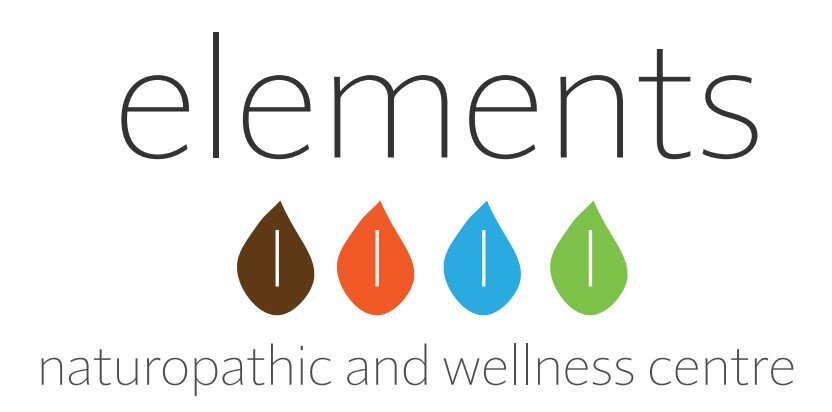Mistletoe Therapy
What is Mistletoe?
European mistletoe (Viscum album) is a plant that grows on a variety of trees. It is sometimes recommended to people with cancer as an integrative or complementary treatment. The plant is extracted into a liquid that can be used as an injection (subcutaneous) or an intravenous (IV) infusion. Mistletoe should only be used under the guidance of a qualified healthcare provider.
What is Mistletoe Used For?
Mistletoe is used in supportive cancer care to help:
Enhance the immune system
Support quality of life
Alleviate cancer and cancer treatment-related symptoms and side effects
Improve treatment outcomes or slow progression
Mistletoe is not used as a cure for cancer. Mistletoe should not be considered an alternative to cancer treatments such as chemotherapy or radiation therapy.
How Does Mistletoe Work?
There are two ways in which it is thought mistletoe works:
1. Enhancing immune function – mistletoe appears to increase types of white blood cells called lymphocytes including natural killer cells, certain compounds called cytokines, and mistletoe antibodies.
2. Directly killing cancerous cells (cytotoxicity) – mistletoe may trigger cell death which may reduce cancers ability to grow and spread.
Studies on mistletoe therapy demonstrate benefits to quality of life in people with cancer and reduced side effects from chemotherapy. Results are mixed for tumor response and survival. Some inconsistency may be due to the range of mistletoe preparations, cancer types, and cancer stages evaluated in these studies.
Impact on Immunity
In several studies mistletoe has been found to increase certain white blood cells called lymphocytes including natural killer cells. Mistletoe treatment seems to decrease the immunosuppressive effects of surgery. Mistletoe does not appear to help increase neutrophils.
Impact on Quality of Life and Symptom Management
Several systematic reviews (large summaries of research) have shown a benefit of mistletoe treatment on quality of life and symptom management across a range of cancer types. Side effects which may be improved with mistletoe include nausea, vomiting, diarrhea, appetite loss, pain, and fatigue.
Impact on Survival and Tumor Response
Although several studies have found improved lifespan for people treated with mistletoe, about an equal number have not found this. Some of the higher quality studies were less likely to find benefit compared to some of the lower quality studies. Therefore, results are not conclusive and additional research is needed to study any potential benefit to survival.
Mistletoe is not a curative treatment for cancer and should not be used to replace other effective cancer treatments. Given the data, mistletoe should be considered primarily for support for quality of life, side effects, and immune system support.
Is Mistletoe Safe?
Mistletoe has a very good safety profile. However, there are times when mistletoe therapy may not be safe.
Mistletoe should not be used by people with a known sensitivity or allergy to mistletoe. It is also not generally recommended during pregnancy or breastfeeding because of a lack of information on safety in this context. Since mistletoe can stimulate the immune system, it should not be used in combination with immunosuppressant medications (e.g. for treatment of autoimmune conditions or after transplants).
Mistletoe should be used cautiously in people with autoimmune conditions although it is likely safe for most if not taking immunosuppressant medication. Mistletoe should be used cautiously in people with brain tumors due to the possibility of inflammation. Due to lack of information, mistletoe should be used cautiously in people with blood cancers, particularly acute leukemias.
No studies have found negative interactions with mistletoe and chemotherapy, radiation therapy, or surgery. Preliminary studies have found no harm using mistletoe alongside immunotherapies and targeted therapies, but more research is needed.
Mistletoe should only be used under the guidance of a healthcare provider to monitor for reactions, response, and to administer and/or monitor injections.
How Long has Mistletoe Therapy Been in Use?
Mistletoe products have been used successfully in integrative cancer therapy since 1917.
Where To Find More Information on Mistletoe?
To learn more, contact us or book an appointment. More information is also available at www.helixor.com.
Are There Side Effects with Mistletoe?
Mistletoe is generally well tolerated by most people. Because mistletoe strongly stimulates the immune system there are some mild side effects that are commonly expected. These may include: injection site reactions (redness, swelling, itching), fatigue, flu-like symptoms, mild fever, diarrhea, and headache. Severe local reactions at the injection site occur in less than 1% of people. Most side effects are mild and resolve on their own.
Serious reactions are rare but include angioedema, anaphylaxis, hypotension and loss of consciousness, cellulitis at injection site.
There is more research on the use and safety of subcutaneous injections of mistletoe than for IV infusions. The risk of severe adverse reactions such as anaphylaxis may be higher with IV use, but more research is needed.
How Much Does Mistletoe Cost?
Depending on the dose, the monthly cost of mistletoe injection therapy can range from $175-$300.
What is the Recommended Dose of Mistletoe?
At our clinic, mistletoe is available as subcutaneous injections. The type of mistletoe, maximum dose, and length of use varies based on the individual’s cancer type, stage, medical history, goals and preferences, and other cancer treatments. Treatment with subcutaneous mistletoe begins with a low dose to assess tolerability. If mistletoe is well tolerated the dose is increased gradually. Treatment may be used for a few months to support people during active treatment, and in some instances may be used for one or more years if well-tolerated and positive outcomes are observed.
Next Steps
If you would like to learn more about or pursue mistletoe therapy, you can reach out to Dr. Baker (ND) at our clinic.
